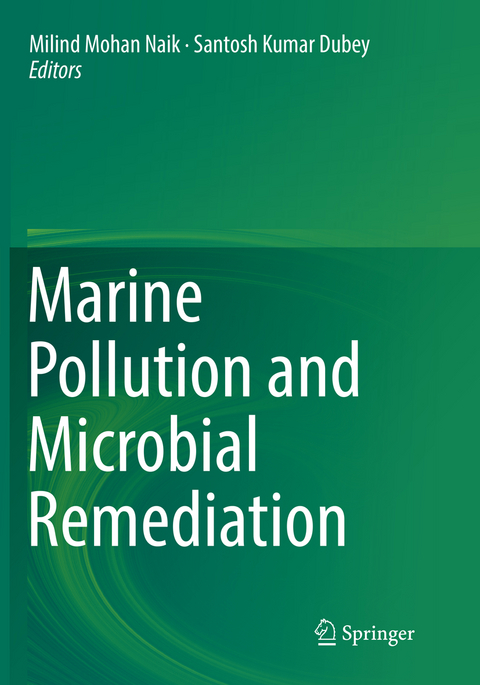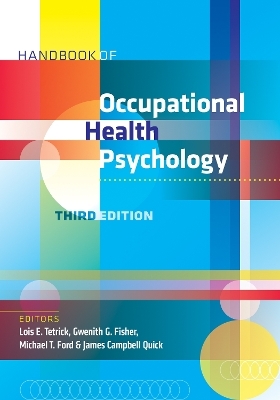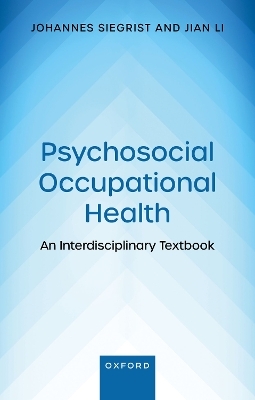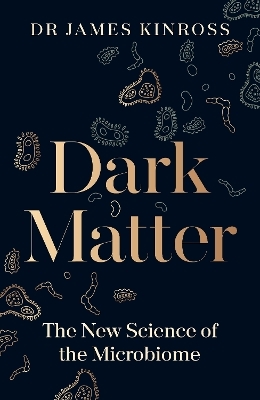
Marine Pollution and Microbial Remediation
Springer Verlag, Singapore
978-981-10-9314-2 (ISBN)
Objective of this book is focus on marine pollution and application of marine microorganisms in cost effective and ecofriendly methods of pollution abatement.
Dr. Milind Mohan Naik is PhD in Microbiology from Goa University. He joined the Department of Microbiology Goa University as Assistant Professor of Marine Microbiology in the year 2013. His research efforts have been focused on understanding the metal resistant mechanism in bacteria from marine and terrestrial environments and their potential applications in bioremediation of polluted environmental sites. He has published over 20 research papers. He is a recipient of SERB-DST Young scientist project award. He has guided 8 postgraduate dissertation projects. He also worked as Scientist ‘C’ on “Malaria Evolution in South Asia” project funded by NIH and University of Washington, USA in National Institute of Malaria Research (ICMR). Worked as Scientist in Molbio diagnostics Pvt Ltd. Goa in Research & Development department in 2012. Research interest are environmental Microbiology and nanobiotechnology. Aim is to gain knowledge in the Research field of Marine Microbiology and Biotechnology with the aim of learning new concepts. Prof. Santosh Kumar Dubey is PhD. in Botany from BHU Uttar pradesh. He joined the Department of Microbiology, Goa University in the year 1996. His research efforts have been focused on understanding the metal resistant mechanism in bacteria from marine and terrestrial environments, Metagenomics, agriculture microbiology and molecular biology. He has published over 40 international research papers and 4 book chapters. He guided 9 Ph.D. students and 30 dissertation students. He has 5 post doc experiences in USA (Clarkson University; University at Buffalo; Roswell Park Cancer Institute, Buffalo, New York, USA; University of Nevada Las Vegas, Las Vegas, USA) and recipient of JSPS fellowship Japan. Programme Coordinator, UGC sponsored Innovative - M.Sc programme in Marine Microbiology in Department of Microbiology, Goa University. Visiting Scientistship from Centre of Marine Environmental Studies, Ehime University, Matsuyama, Japan. National Overseas Scholarship (PDF) awarded by Department of Education M/O Human Resource Development, Govt. of India. Member, Institutional Biosafety committee, Goa University. Completed 2 major projects funded by DBT and DOD Govt. of India.
1.Assessing Metal Contamination in Recent Creek Sediments Using Fractionation Technique Along Mumbai Coast, India.- 2.Bioremediation of heavy metals from saline water using hypersaline dissimilatory sulphate reducing bacteria.- 3.Lead and Mercury Resistant Marine Bacteria and Their Application in Lead and Mercury Bioremediation.- 4.Microbial Remediation of Organometals and Oil Hydrocarbons in the Marine Environment.- 5.Extracellular Polysaccharides Production by Bacteria as a Mechanism of Toxic Heavy Metal Biosorption and Biosequestration in the Marine Environment.- 6.Biosurfactant - A Promising Approach Towards the Remediation of Xenobiotics, a Way to Rejuvenate the Marine Ecosystem.- 7.Optimization of Cultural Conditions for Marine Microbial Biosurfactant Production: Future Prospects From Untapped Marine Resources.- 8.Biosurfactant Producing Denitrifying Bacteria in Marine Petroleum Contaminated Environmental Sites.- 9.Interaction of Haloarchaea with Metals.- 10.Manganese Tolerant Bacteria From the Estuarine Environment and Their Importance in Bioremediation of Contaminated Estuarine Sites.- 11. Pathogenic Bacteria of Public Health Significance in Estuarine Mangrove Ecosystem.- 12. Global Concerns of Ship’s Ballast Water Mediated Translocation of Bacteria.- 13. Genotoxic Biomarkers A as Indicators of Marine Pollution.- 14.Applications of Siderophore Producing Marine Bacteria in Bioremediation of Metals and Organic Compounds.- 15.Bacterial Degradation of Algal Polysaccharides in Marine Ecosystem.- 16.Impact of Pollution on Phytoplankton and Implications for Marine Econiches.- 17.Selenium Pollution in Marine Environment and Marine Bacteria in Selenium Bioremediation.
| Erscheinungsdatum | 27.08.2018 |
|---|---|
| Zusatzinfo | 27 Illustrations, color; 13 Illustrations, black and white; XII, 270 p. 40 illus., 27 illus. in color. |
| Verlagsort | Singapore |
| Sprache | englisch |
| Maße | 178 x 254 mm |
| Themenwelt | Medizin / Pharmazie ► Medizinische Fachgebiete ► Arbeits- / Sozial- / Umweltmedizin |
| Studium ► Querschnittsbereiche ► Klinische Umweltmedizin | |
| Naturwissenschaften ► Biologie ► Ökologie / Naturschutz | |
| Naturwissenschaften ► Geowissenschaften ► Hydrologie / Ozeanografie | |
| Technik ► Umwelttechnik / Biotechnologie | |
| Schlagworte | Bio-monitoring • bioremediation • Environmental hazards • Marine environment • marine pollution |
| ISBN-10 | 981-10-9314-8 / 9811093148 |
| ISBN-13 | 978-981-10-9314-2 / 9789811093142 |
| Zustand | Neuware |
| Haben Sie eine Frage zum Produkt? |
aus dem Bereich


